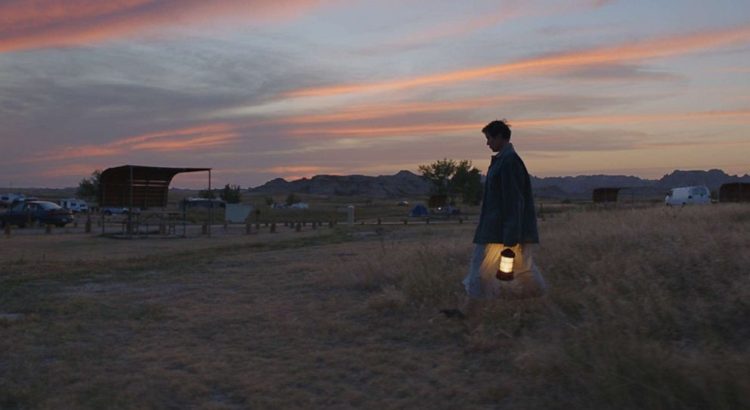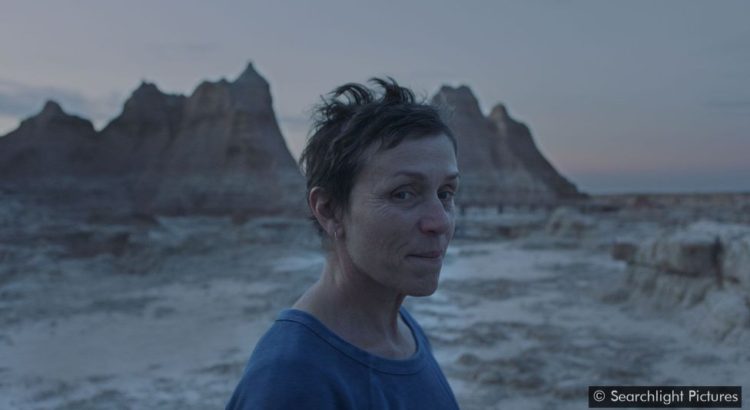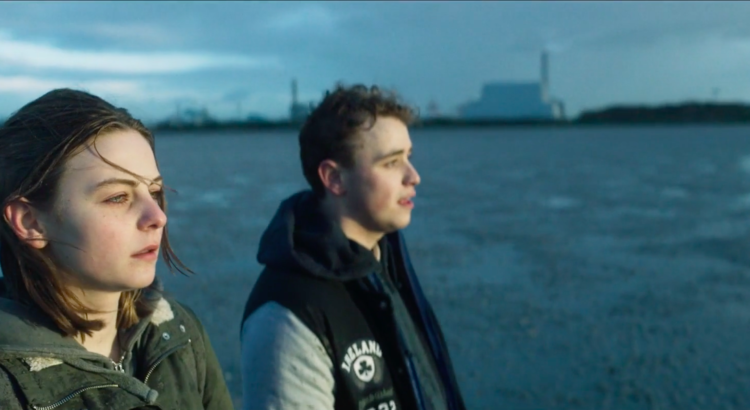Spoilers ahead.
Isolated in the basement of my house on a Saturday night, I try to tune out the pounding music that somehow manages to penetrate the two small windows separating me from fun. The rage of the closet light that won’t turn off is getting to me, so I waste no time in beginning my foray into the Ann Arbor Polish Film Festival, by way of Piotr Domalewski’s I Never Cry.
I Never Cry is a long awaited film for the “Euro-Orphans:” the kids whose parents left countries like Poland to work in the Western powers of the UK, Ireland, France, etc. The film’s protagonist, Ola (Zofia Stafiej), is one of these kids. When her father dies in a construction accident in Ireland, she must leave her mother and disabled brother behind in Poland to retrieve his body. With only a backpack and a  dwindling pack of cigarettes, the 17-year old girl bounces around Dublin, doing her best to thwart the different levels of bureaucracy that stand in the way of her father. Ola’s story is one of amusing despair, as she drinks around Dublin and desperately clings to the few cigarettes she finds (12 euros for a pack of cigarettes? No thanks). In this search, Ola finds she knows very little about her father, and the mission gradually becomes about understanding him rather than finding him.
dwindling pack of cigarettes, the 17-year old girl bounces around Dublin, doing her best to thwart the different levels of bureaucracy that stand in the way of her father. Ola’s story is one of amusing despair, as she drinks around Dublin and desperately clings to the few cigarettes she finds (12 euros for a pack of cigarettes? No thanks). In this search, Ola finds she knows very little about her father, and the mission gradually becomes about understanding him rather than finding him.
In stories about grief, by now it’s a cliché for the characters to spend the course of the narrative soothing their loss by trying to figure out who the deceased “really was;” if I’ve lost you already with my trite summary, I’m sorry.
But where Domalewski succeeds in this film is the subversion of that trope, because for Ola, she can’t seem to find out anything about her father. From the man at the hiring agency, to her father’s boss, to his roommates, Ola gets nearly nothing of significance about her father. The most she learns about her father is from his mistress, a hair-dresser scraping by who shows him a framed picture that Ola’s father drew of her—“he likes to draw.” And that’s it. That’s the most we learn of Ola’s father. Domalewski holds the man of the narrative’s longing at arm’s length, trapping us in Ola’s feeling of ignorance, of lostness.
The Euro-Orphan does not get a conventional redemption here. Instead, after discovering that her father’s mistress is pregnant, Ola gives the mistress the money that her father left Ola for a car, with the hope that she uses it to go to makeup school and get a better job. Her dreams of a car mean an escape—but realizing there is no escape from her cycle of poverty, she defers her dreams to the next generation. Like Ola, the viewer isn’t left with much hope with regard to the story at hand. But we must hope with Ola that her gift to her father’s future child pays off. At best, we hope with Ola for a do-over, for a kid that has a better life in a better place.
Psych 101 tells us that between ages 40 and 65 is the stage of development in which we worry about our contribution to society, to the next generation, to the things that will outlast us. But, with our legacy ever-present in the social media era of recording everything we do, I think it’s easy to find ourselves wondering at younger and younger ages, “what world do I leave my kids?” For the generation of “savers,” I Never Cry is a brutally realistic picture of what we have to sacrifice for the rest of humankind.









